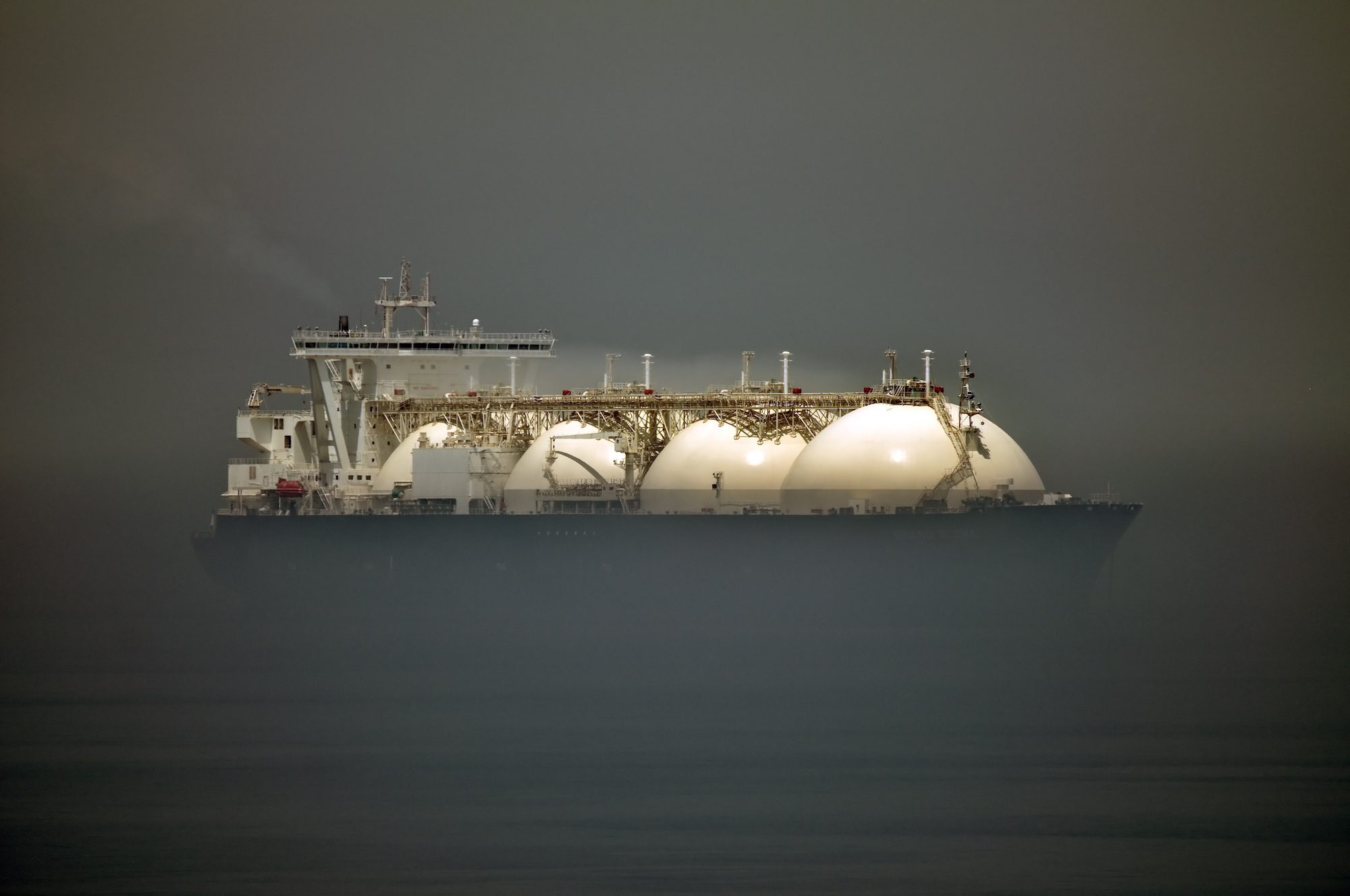The EU-funded SUREWAVE project has reached a milestone with the Maritime Research Institute Netherlands (MARIN) extending its hydrodynamic modelling tools to simulate large-scale offshore floating solar farms.
According to SUREWAVE, the work scales up to a 2 MW system under different operating conditions. The modelling framework, validated through wave basin tests, was applied to simulate the full-scale farm using linear diffraction theory and high-performance computing.
The results are said to provide insights into wave-induced motions and hinge loads, standing wave effects inside breakwater rings, and mooring system requirements due to increased wave drift forces.
The research is presented in the paper “Hydrodynamic analysis of a 2MW offshore floating solar farm with breakwater protection.”
Surewave aims to solve the main challenges of offshore floating photovoltaics (FPV) by developing a solution adapted to the most critical sea states, being able to mitigate the harsh conditions for the FPV.
“This work supports the future deployment of robust and scalable offshore FPV systems in harsh marine environments,” SUREWAVE said.
The project aims to help establish FPV as a well-tested and established renewable energy technology – to diversify the technology portfolio and to take maximum advantage of the vast potential offered by the EU’s seas to become climate neutral by 2050.
The main objective of Surewave is to develop and test an innovative concept of a floating FPV system consisting of an external floating breakwater structure made of new circular materials acting as protection against severe wave loads on the FPV structure itself, allowing increased operational availability and energy output.
The Surewave consortium consists of SINTEF, MARIN, Ceit Research Center, Sunlit Sea, ACCIONA, IFEU – Institut für Energie und Umweltforschung Heidelberg, and Clement Germany.
In October 2024, through its Construction Technology Center, Spanish company ACCIONA unveiled a new circular, eco-friendly breakwater concept for floating solar systems as part of the SUREWAVE project.





